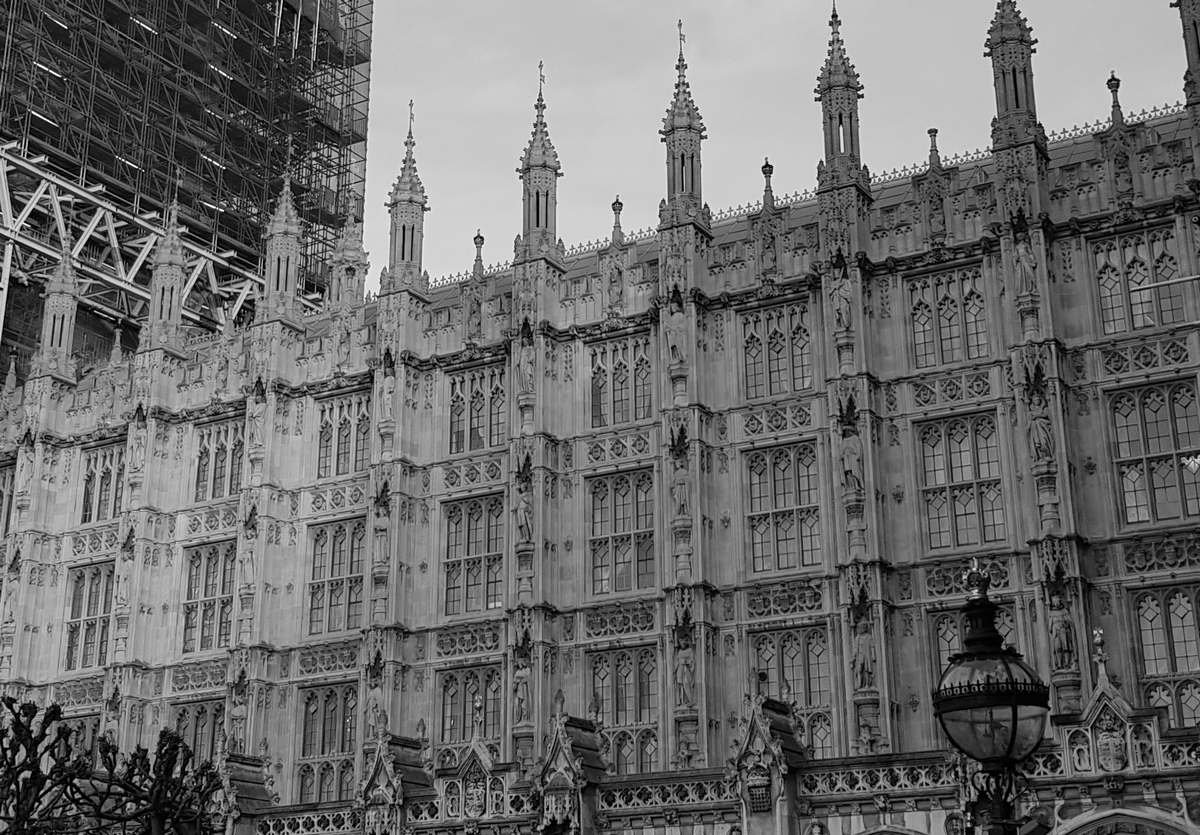Several years of watching Parliamentary hearings, participating in the shaping of legislation, and observing the politicisation of the fundamental rules of the open web have proven the old axiom: if you regulate the web as if only Facebook and Google exist, the end result will be that only Facebook and Google exist.
For that reason, I’ve been scratching away at a rough axiom of my own which I call the three tests of internet regulation. It would apply to anyone involved in the shaping of legislation, either inside or outside of government, as well as the media.
At this stage, it looks like this.
If your policy proposal, stance, or agenda is not explicitly about platform regulation:
- Can you describe your policy proposal, stance, or agenda without invoking the phrases “Facebook”, “Google”, “Twitter”, “Instagram”, “big tech”, or “tech giants”?
- Can you describe your policy proposal, stance, or agenda without invoking any one specific individual at the head of those companies?
- If the above companies and individuals did not exist, would your proposal, stance, or agenda still be valid?
If the answer to any of the above is no, your policy proposal, stance, or agenda carries a risk to the integrity of the open web as a whole.
This musing has been inspired by Graham Smith’s three laws of internet intermediaries:
- Anything you agree to do will never be enough.
- Whatever you agree to do, you will be taken to task over transparency and accountability.
- However many you placate, there will be another one along tomorrow.
Discuss.
